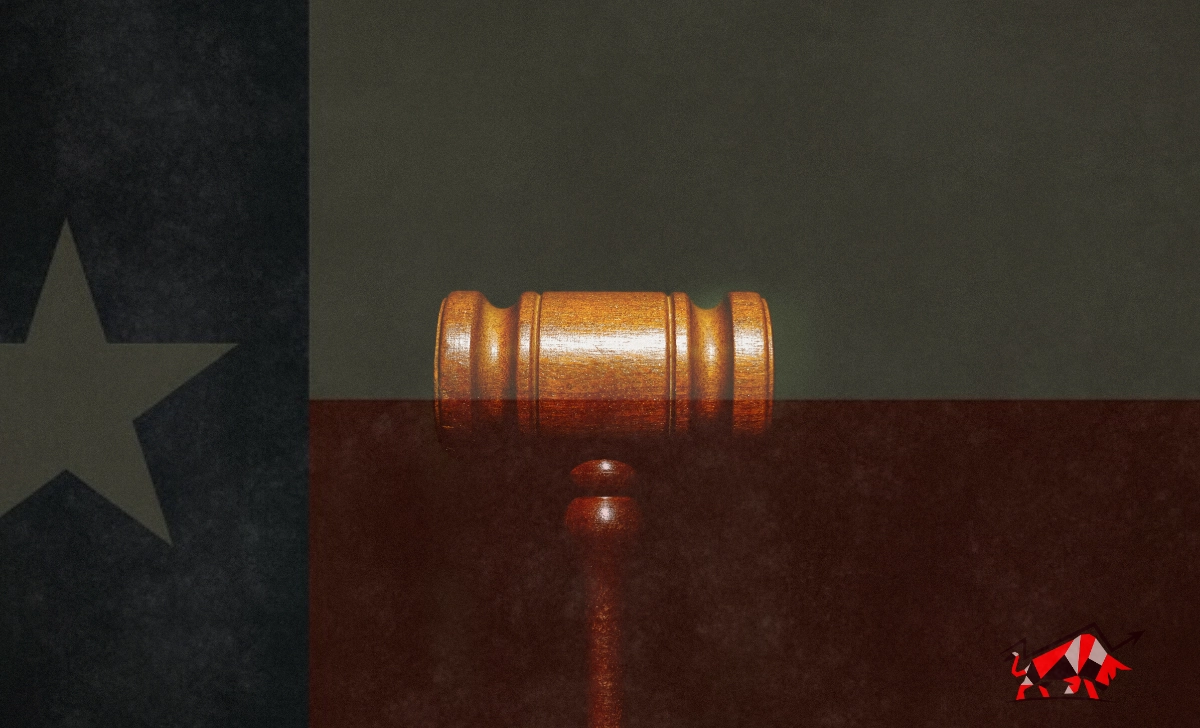Texas is looking for ways to avoid the next FTX scenario, by requiring proof of reserves for every registered crypto exchange.
The Texas House of Representatives adopted a measure on April 21 mandating crypto exchanges to keep sufficient reserves to meet their clients’ payment commitments. According to the Texas House of Representatives, the “HB 166” measure introduced by State Rep. Giovanni Capriglione was approved by a vote of 150 members, with the goal of “rebuilding trust in the market by requiring Proof of Reserves for digital asset exchanges.”
Perianne Boring, Founder and CEO of the Chamber of Digital Commerce, thanked Rep. Capriglione and the Texas House of Representatives on the passage of legislation aimed at safeguarding individuals from financial problems created by exchanges while addressing a crucial issue such as Proof of Reserves.
She also remarked that the passage of HB 166 represents an essential step in ensuring the stability and security of the digital asset market. Similarly, she stressed the significance of forcing exchanges to show Proof of Reserves, demonstrating their capacity to cover all customer money.
The Proof of Reserves rule will prohibit exchanges from being used to perpetrate fraud or schemes like FTX, which was characterized as one of the greatest financial frauds in US history and caused thousands of American people to lose millions of dollars, according to Congresswoman Maxine Waters.
Proof of Reserves is a procedure that allows a cryptocurrency exchange to verify that it has enough cash to cover client deposits. This openness protects consumers’ investments while also increasing trust in the exchange.
Texas Becomes a Regulatory Role Model
The state of Texas has become a regulatory role model for other US jurisdictions as a result of this new law, which may be imitated or used as a template to strengthen laws that continue to be a concern for bitcoin exchanges.
Bittrex, one of the largest and oldest US exchanges, announced the shutdown of its operations owing to the country’s unclear legal climate, which has become a barrier for such enterprises. Binance and Coinbase are two additional exchanges that have run into problems with regulators due to a lack of clear regulations that allow them to function effectively, prompting them to consider leaving the country.


